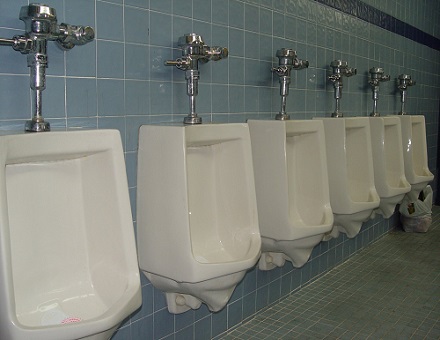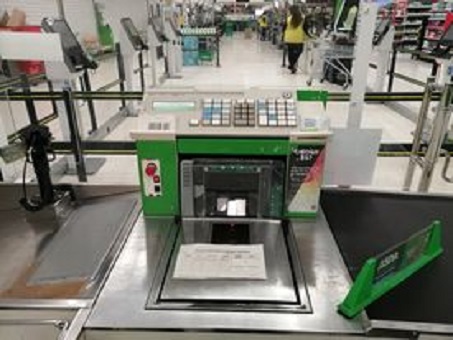Toilets closed during lockdown

Public toilets were common in Roman times (Rome had 144), but they became rare, almost unheard of, after the Empire’s demise.
In 1851 the first flushing toilet was revealed at the Great Exhibition. It was a great success and soon Local Authorities started to install public toilets as a public health measure. At first these were mainly for men. The Ladies Sanitary Association was formed to campaign for public toilets for women, a cause that was also taken up by the Union of Women’s Liberal and Radical Association.
While public toilets were opened for the sake of public health and to encourage people to travel and visit resorts and attractions, Local Authorities had no legal duty to provide them, and still don’t have.
For the last 30 years, Local Authorities have been closing their toilets, often citing anti social behaviour, although there is no doubt that the cost of upkeep is a major factor. In many cases Councillors believed that toilets were available in shops, shopping centres and facilities like bus stations and libraries. Of course the supermarkets realised that people prefer to shop somewhere where they could use the toilet if they needed to. It could be argued that the closure of public toilet has played a role in the decline of the High Street.
The closures accelerated and the British Toilet Association (yes there is one!) estimated that of those that were still open in 2011, over half have been closed since, a loss of between 25,000 to 35,000 public toilets in a ten year period. Some Local Authorities don’t provide public toilets at all
In 2008 a Parliamentary Committee recommended that Local Authorities should be required to adopt a toilet strategy, stopping short of suggesting that they should have a duty to provide them. However the Government refused to accept the recommendation.
It is, of course, a crime to “go” in a public place, although there is evidence that this is something that has increased in recent years. The Office for National Statistics, responding to a freedom of information request said that they have no information on the number of prosecutions. Last year a Tribunal found that a postal worker who had been dismissed for urinating in a public place had been dismissed unfairly.
It emerged that urinating in a public place is common among postal workers when there are no public facilities available. The same seems to be true among bus and taxi drivers as well as emergency workers working through the night.
A lack of public toilets is not only a problem for many workers, but also for many people who need access to toilets because of their age (children and the elderly) and people with a wide range of health issues. It affects many people’s right to enjoy public spaces and to travel, and it criminalises the homeless.
150 years after the Great Exhibition we are in lockdown with many Local Authorities closing the few public toilets that remain. Reasons cited include restricting the virus and the safety of workers. Local Authorities in tourist areas have closed public toilets to discourage people from visiting, as have the National Trust.
In practice, many people don’t know that toilets have been closed until after they’ve arrived at their destination, so closure is less of a deterrence than a public health problem. With pubs, restaurants and many shops closed there are often no alternatives.
All over the country from city centres to parks, beaches and wildlife areas there are reports of a major increase in people urinating in public areas. This is causing real problems for visitors and residents alike; and of course a lack of toilets also means a lack of hand washing facilities.
.
Lockdown loo is a website which is trying to chart publiic toilets that are open and closed during lockdown
.
Evolve Clothing “20% Off Women’s Clothing – Mothers Day Sale” until 14th March.
.

